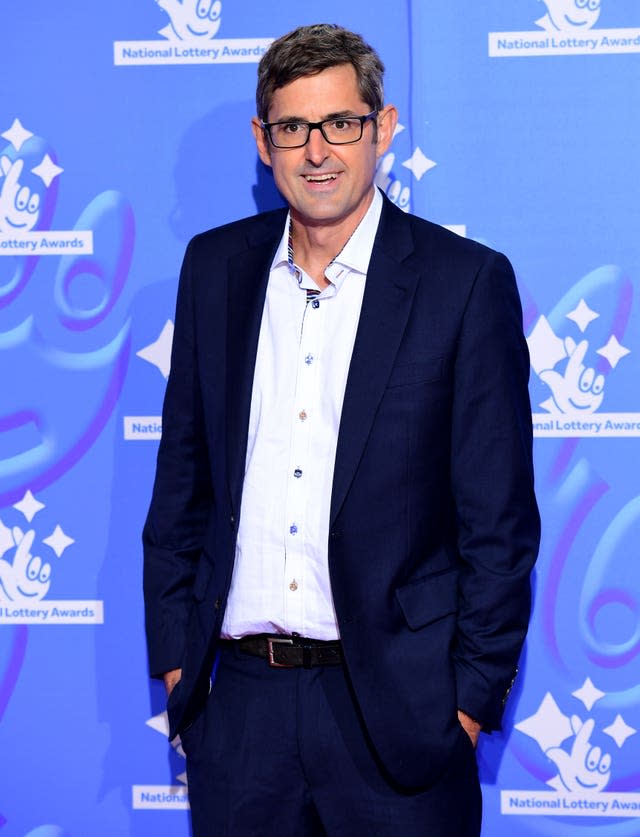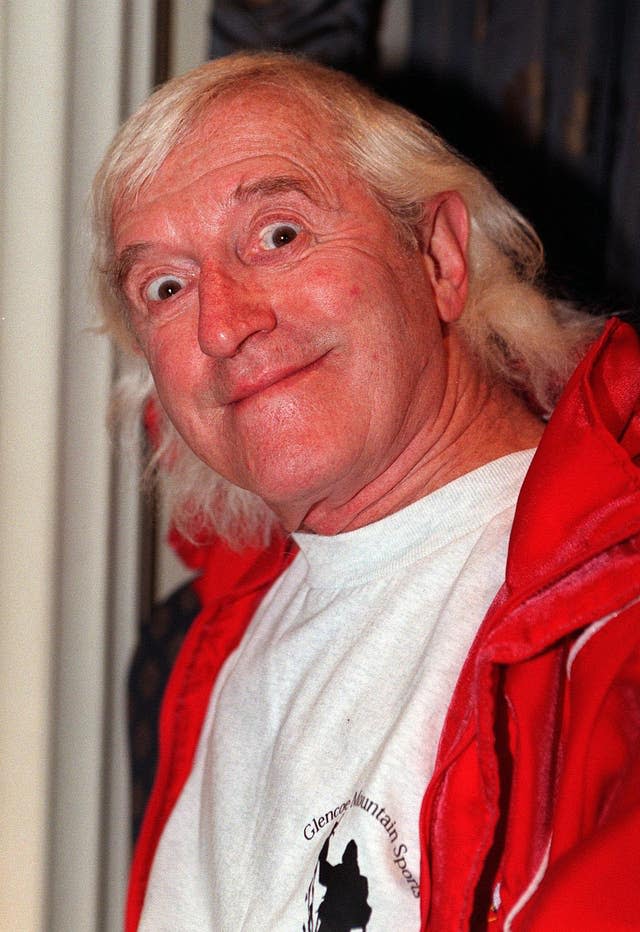Louis Theroux says BBC is in ‘no-win’ situation’ in bid to ‘avoid offence’
Louis Theroux said the BBC is in a “no-win” situation of trying to “avoid offence” and is in danger of avoiding important subjects in a bid to “play it safe”.
Delivering the annual MacTaggart lecture at the Edinburgh Television Festival, the broadcaster and documentary-maker reflected on his own career as well as the current state of the corporation, with whom he has made a large number of programmes.
He said: “I’d like to thank the BBC for everything they allowed me to do. It’s hard to imagine having a similar arrangement anywhere else in the world.
“Given all of that, I broach the next point hesitantly and gingerly.
“Lately, there have been changes in the broader culture. We are, I’m happy to say, more thoughtful about representation, about who gets to tell what story, about power and privilege, about the need not to wantonly give offence. I am fully signed up to that agenda.

“But I wonder if there is something else going on as well. That the very laudable aims of not giving offence have created an atmosphere of anxiety that sometimes leads to less confident, less morally complex filmmaking.
“And that the precepts of sensitivity have come into conflict with the words inscribed into the walls of New Broadcasting House, attributed to George Orwell, ‘If liberty means anything at all, it means the right to tell people what they do not want to hear.'”
He added: “From working so many years at the BBC, and still making programmes for the BBC, I see all-too-well the no-win situation it often finds itself in. Trying to anticipate the latest volleys of criticisms. Stampeded by this or that interest group. Avoiding offence.
“Often the criticisms come from its own former employees, writing for privately owned newspapers whose proprietors would be all too happy to see their competition eliminated.
“And so there is an temptation to lay low, to play it safe, to avoid the difficult subjects.
“But in avoiding those pinch points, the unresolved areas of culture where our anxieties and our painful dilemmas lie, we aren’t just failing to do our jobs, we are missing our greatest opportunities. For feeling. For figuring things out in benign and thoughtful ways. For expanding our thinking. For creating a union of connected souls.”
The BBC frequently comes under fire for perceived political bias or a so-called “woke agenda”. It also faces controversy over coverage of issues such climate change and racism, and disagreements over where the lines of due impartiality should be drawn.
Theroux also warned of the danger of looking away from more extreme and provocative corners of the internet out of fears of platforming hate and misinformation.
He said: “I share the urge to switch off all the negativity. To turn one’s attention elsewhere. To not feed the trolls.
“But it’s also true that there is a big difference between platforming and doing challenging journalism about controversial subjects. There is a strange new world out there that is growing stranger by the day. It’s our job to understand it and, for people like me, that means going out to make programmes about it.”
He added: “I realise times have changed and that the raised stakes – the fact that the manosphere, the conspiracy community, the far-right have real power – means we should be on our mettle to report responsibly.
“But those raised stakes also show how important it is that we do report it. Not hide from it, or to report it in a way that feels po-faced, or which lacks nuance, or which lacks the confidence to understand its subjects rather than simply to deplore them in exposes so heavy handed and clumsy that they end up undermining themselves.”
Theroux also addressed his history with Jimmy Savile and the two programmes he made about the disgraced TV presenter, one in 2000 before his crimes were exposed and one in 2016 after his death.

He said: “I was among many examining their consciences to figure out if there was anything I could have done differently. In making a second programme, I wanted to do justice to the scale of the harm he had caused. That, in itself, felt like a lot of pressure.
“But alongside it was a further concern that was, if anything, more worrying. The outrage at his crimes was so convulsive, there was also an urge to depict them in ever more lurid terms. It’s in the backwash of huge moral outrages because they are so emotive that truth often gets lost.
“Sometimes that’s where it’s hardest to hold your nerve and take the risk of remaining calm.”
Theroux said it has been “fascinating and a little dispiriting but maybe not that surprising” to see how Savile’s crimes have been used by some on the right and far right “to tarnish the BBC”.
He continued: “In the fever swamps of the internet, Jimmy Savile has become a meme. A convenient and easy shorthand to discredit and besmirch the BBC and anyone who works there.
“It isn’t brave and risky to be inflammatory. What is brave is to not get swept along. Not to jump to conclusions, not to cast blame too broadly, not to pander to prejudice, to resist the easy wins of playing to an angry crowd.
“The risk if we don’t do that is even greater. We become no better than the trolls on social media and render ourselves irrelevant.”


